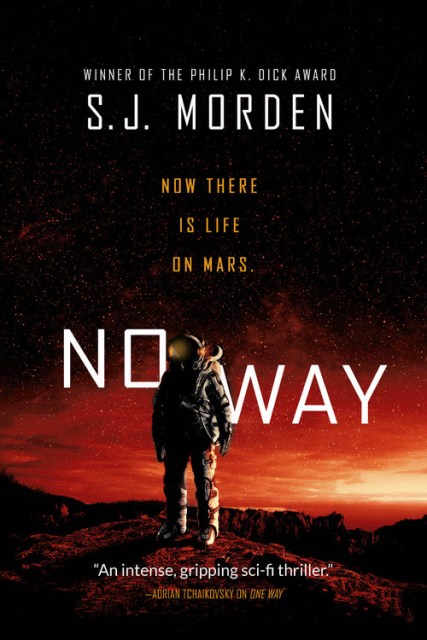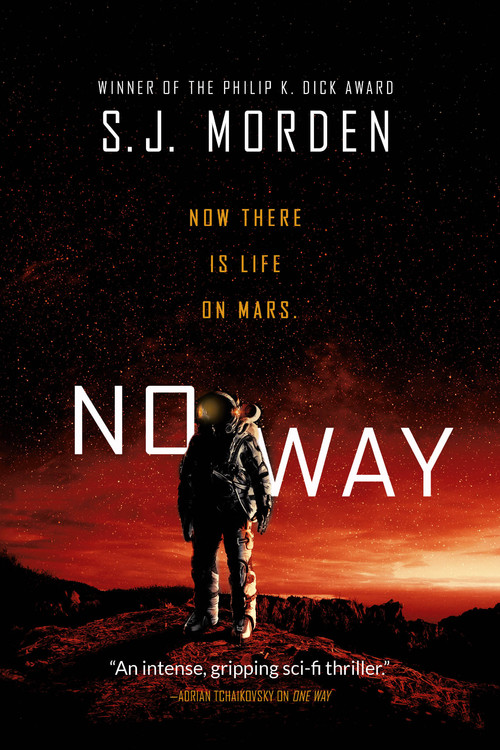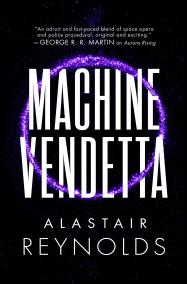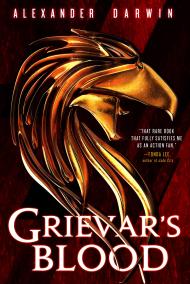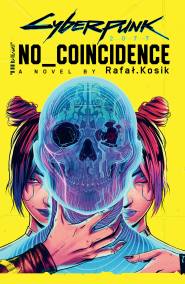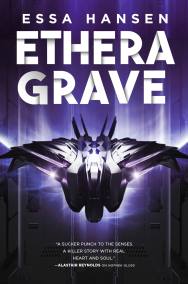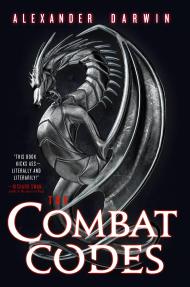No Way
Contributors
By S. J. Morden
Formats and Prices
Price
$15.99Price
$20.99 CADFormat
Format:
- Trade Paperback $15.99 $20.99 CAD
- ebook $9.99 $12.99 CAD
- Audiobook Download (Unabridged)
This item is a preorder. Your payment method will be charged immediately, and the product is expected to ship on or around February 26, 2019. This date is subject to change due to shipping delays beyond our control.
Also available from:
They were sent to build a utopia, but all they found on Mars was death.
Frank Kitteridge has been abandoned. But XO, the greedy — and ultimately murderous — corporate architects of humanity’s first Mars base made a costly mistake when they left him there: they left him alive. Using his skills and his wits, he’s going to find a way back home even if it kills him.
Little does he know that Mars isn’t completely empty. Just over the mountain, there’s another XO base where things are going terribly, catastrophically wrong. And when the survivors of that mission find Frank, they’re going to want to take even the little he has away from him.
If there’s anything in Frank’s favor, it’s this: he’s always been prepared to go to the extremes to get the job done. That’s how he ended up on Mars in the first place. It just might be his ticket back.
For more from S. J. Morden, check out:
One Way
Genre:
- On Sale
- Feb 26, 2019
- Page Count
- 416 pages
- Publisher
- Orbit
- ISBN-13
- 9780316522212
Newsletter Signup
By clicking ‘Sign Up,’ I acknowledge that I have read and agree to Hachette Book Group’s Privacy Policy and Terms of Use
